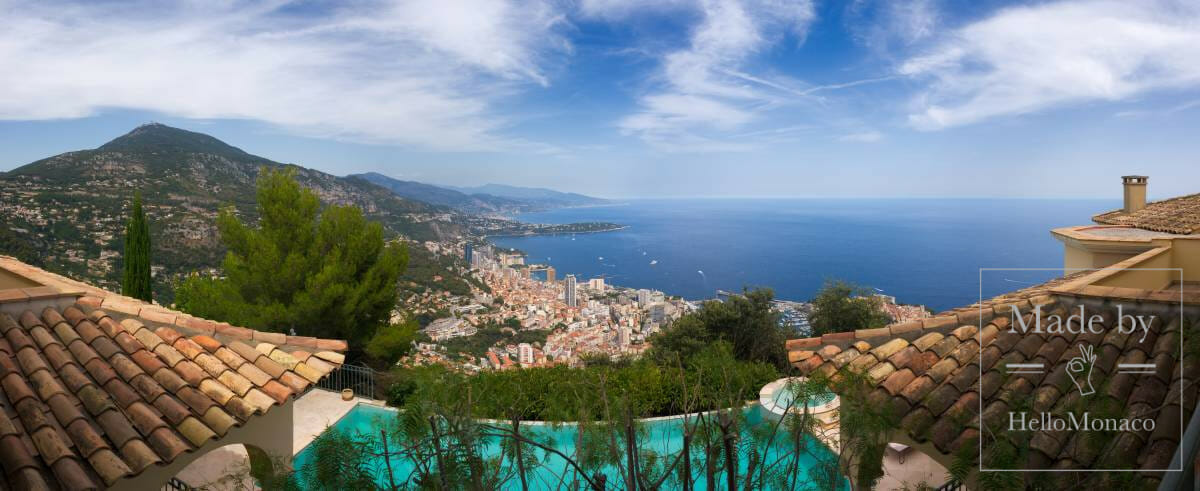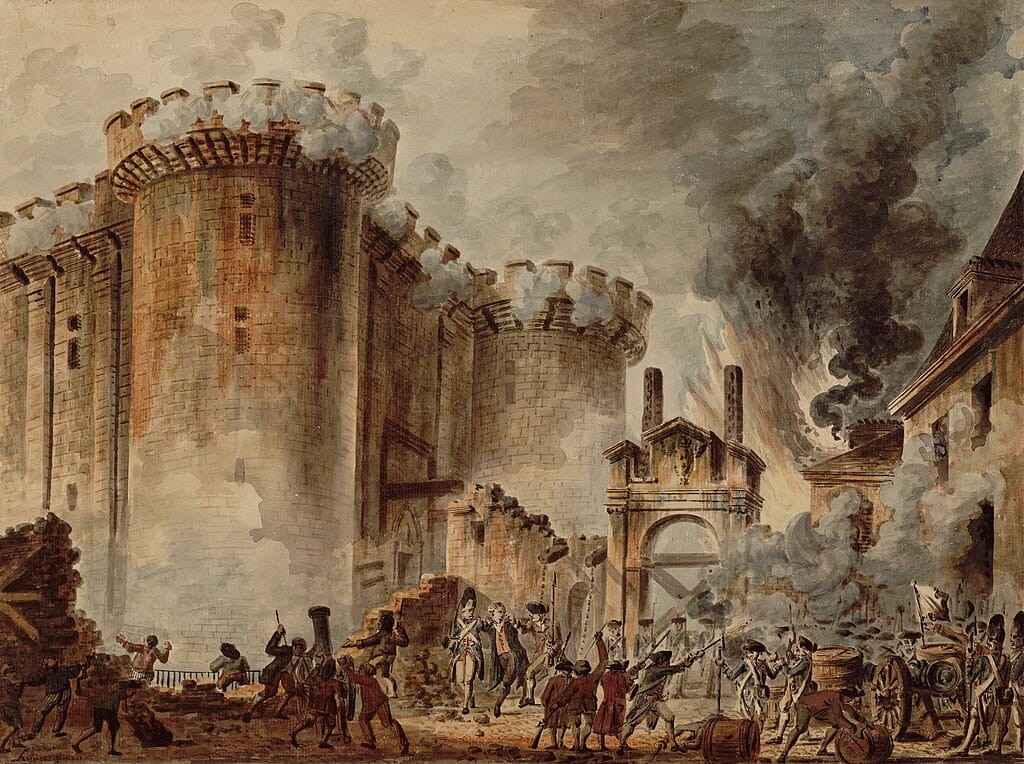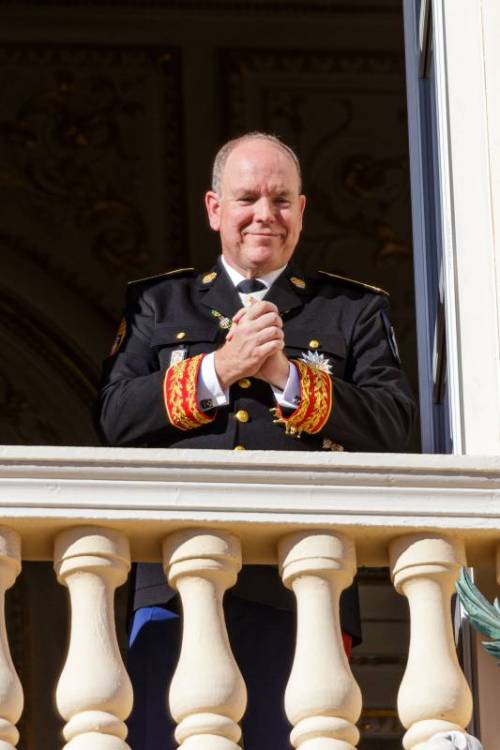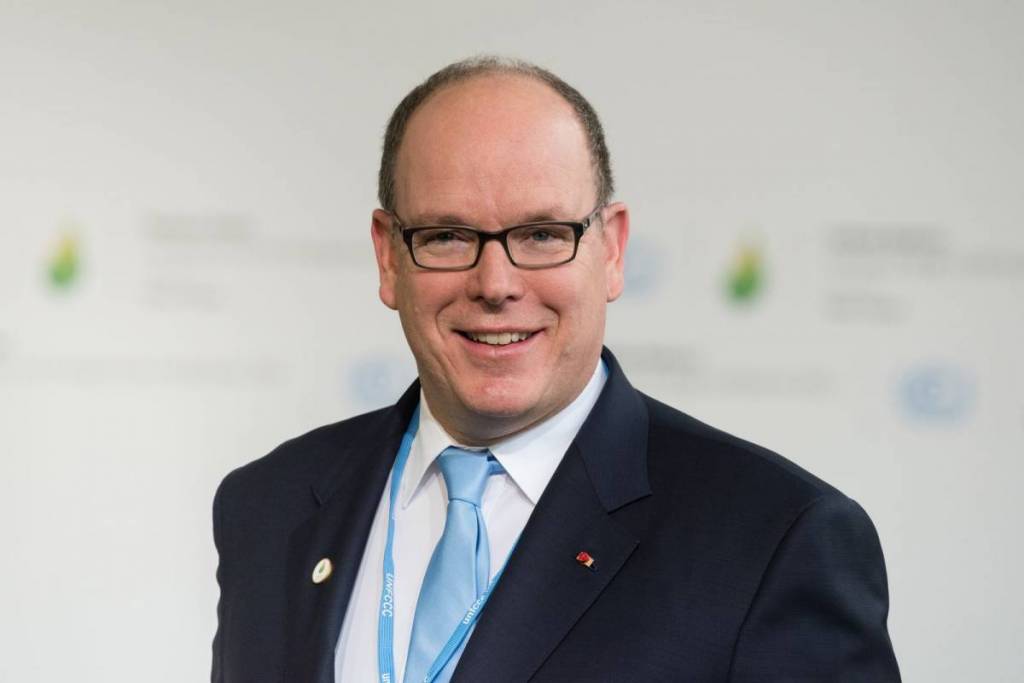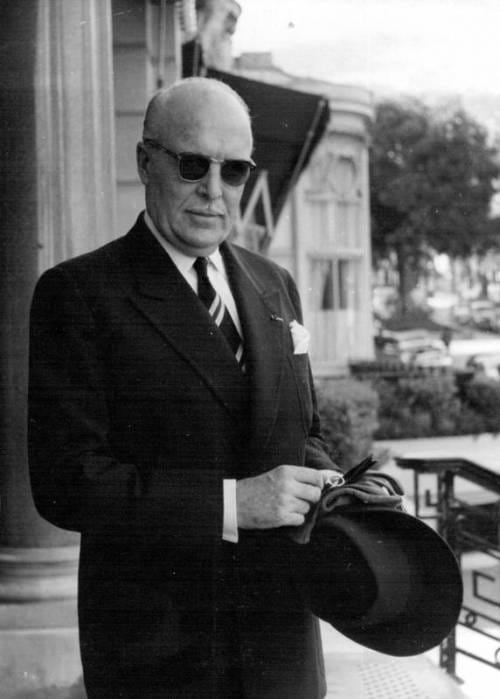Prince Honoré IV was born on May 17, 1758 in Paris, to his parents Prince Honoré III and Princess Maria-Caterina de Brignole-Sale. This prince, perhaps, experienced more challenges in life than any other Grimaldi. Most of his hardships were caused by the French Revolution, and the last hours of his life are still shrouded in mystery …
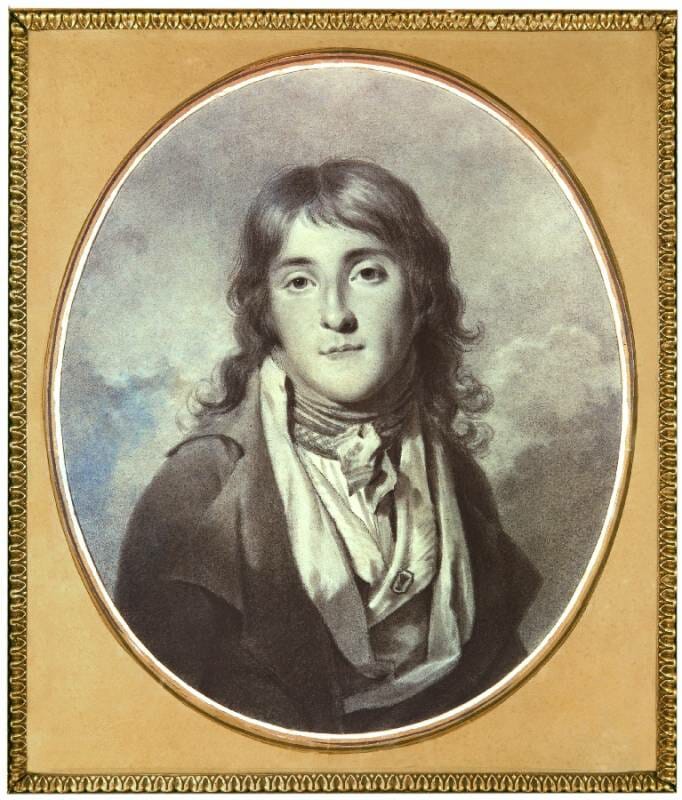
The victims of the Great Terror
Prince Honoré IV was unlucky enough to be living in Paris when the Reign of Terror broke out in France. As a nobleman and prince he was soon arrested and thrown into prison. The prince’s former wife, Duchess of Mazarin, was also taken into custody. Assisted by their family doctor, however, she managed to escape and hide with her youngest son Florestan.
The revolution did not spare the family of Prince’s Honore IV’s youngest brother, Joseph. His wife, Marie Thérèse de Choiseul, was arrested on suspicion of espionage and executed by guillotine. She was only 27, leaving behind three little daughters.
As for Prince Honoré, he was imprisoned for one and a half years. This time in prison greatly undermined his health, and he never fully recovered from it afterwards. On March 21, 1795 his father died and Honoré IV ascended the throne of Monaco. At that time the monarchy had just been banned and Monaco was once again annexed to the French Republic under the name of Port Hercule.
Even after Prince Honoré was released from prison, it took another seven years of negotiations before the French regime restored some of Honoré IV’s and his brother Prince Joseph’s income. The future started to look brighter for the Grimaldi’s once the radical revolutionary regime was followed by the French consulate and, finally, by the First French Empire of Napoleon Bonaparte.
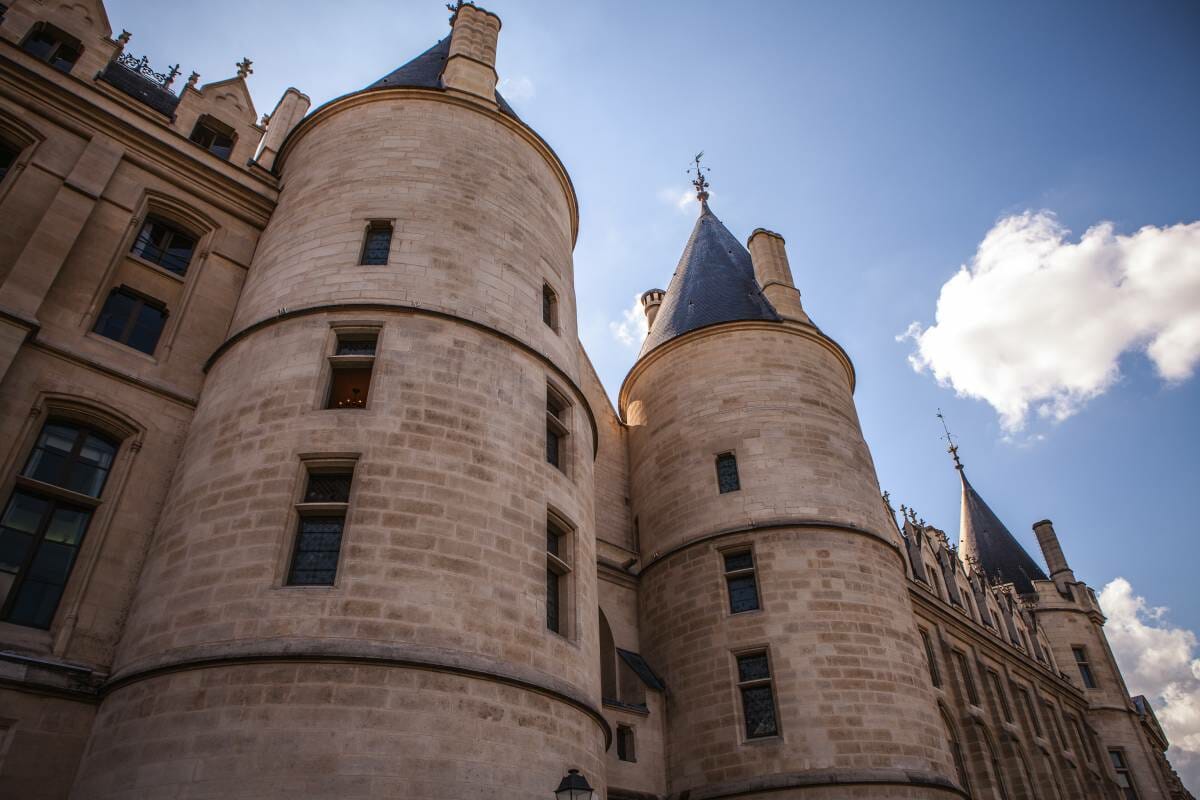
Return to the throne
When the Napoleonic Wars finally came to an end, the status of Monaco was restored by the Congress of Vienna (1814–1815) thanks to the efforts of Prince Talleyrand. On May 30, 1814 Honoré IV was officially named the Principality’s ruler. However, he was too ill to take control of his country. So it was his brother Prince Joseph who became regent.
The Prince’s eldest son, 36-year-old Honoré Gabriel, however, was not happy about this decision. A brilliant soldier, he entered the cavalry service at the age of 20 and prospered in the army of the Empire Marshal, Emmanuel de Grouchy. Since Prince Joseph was not particularly eager to deal with the Principality’s affairs, preferring his life in the capital, he easily facilitated handing over the reins to his nephew, Honoré Gabriel, who ruled Monaco up until the death of Honoré IV (later becoming Prince Honoré V). As for Honoré IV, he lived in Paris until his very death which remains mysterious to this day…
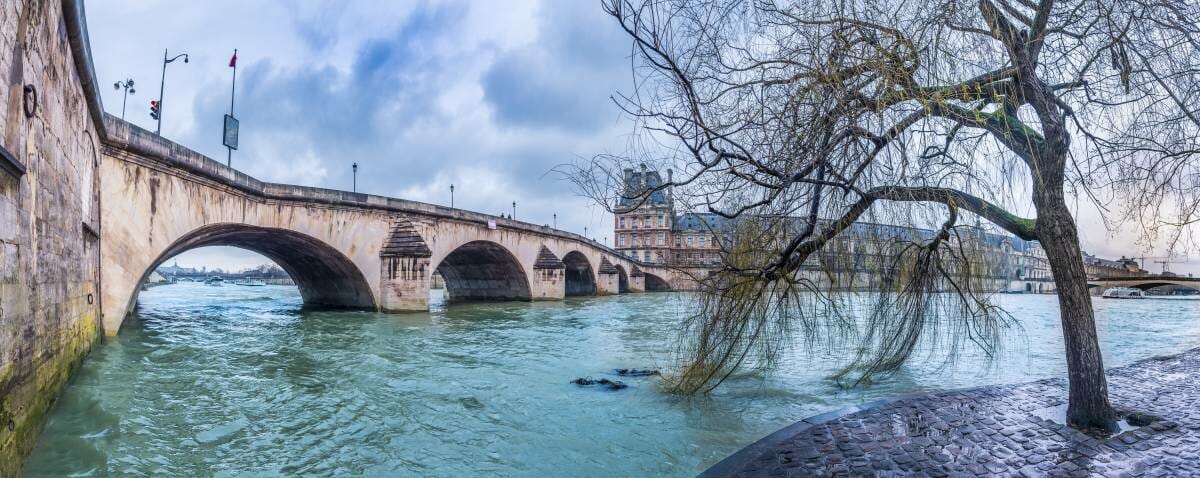
Accident or murder ..?
On a winter’s day of February 16, 1819, Honoré IV drowned in the Seine river. The death of the Monaco prince looked like a typical accident. That’s what the investigation concluded as an official version. It must not be forgotten, however, that Honoré IV was not a very healthy person, to say the least. This is the reason why he was not only unwilling, but was also physically unfit to rule the country. Imprisonment and numerous personal tragedies had taken their toll on the Prince, making him, for all intents and purposes, disabled. This is what the scanty preserved data suggests. A legitimate question arises: how could a 60-year-old monarch, in deplorable physical state, manage to cover such a considerable distance away from home (Avenue Denfert-Rochereau) to the Seine river bank..?
Was it really an accident? Or rather a premeditated murder? Or could it be that the Prince decided to put an end to his own unhappy life? Being a depressed person, did he step into the Seine himself..? The answer remains a mystery.
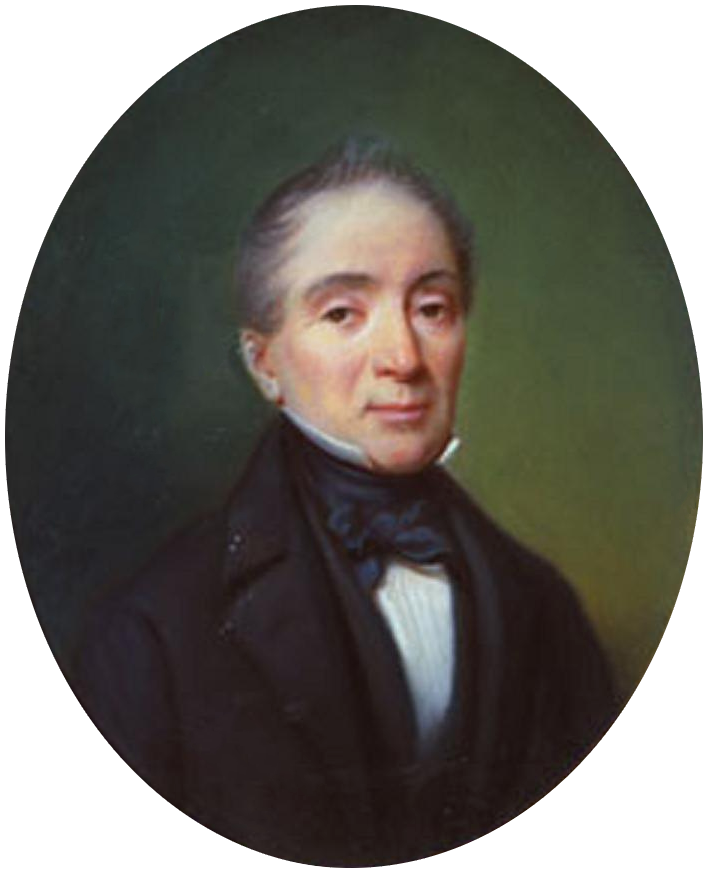
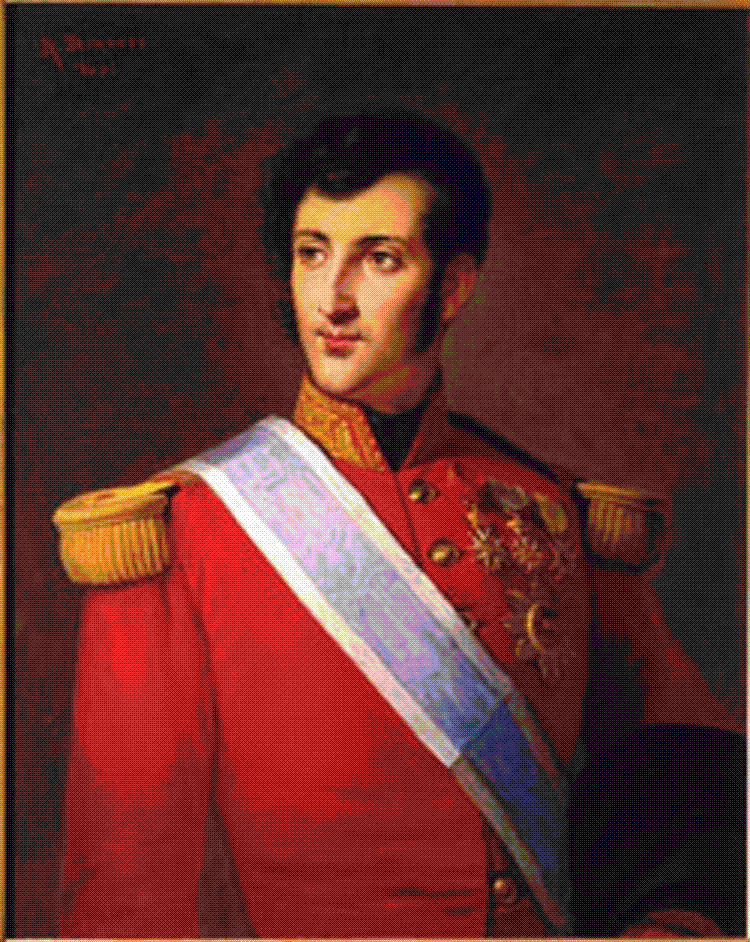
The main legacy of Prince Honore IV
As Prince of Monaco, Honoré IV suffered three arrests and never actually ruled Monaco. He spent part of his life in a prison cell and the rest, trying to improve his health. Needless to say, there are very few mentions of the Prince, even in the archives of Monaco. His most important contribution to the history of Monaco was the birth of his two sons — the future princes, Honoré V and Florestan I, who consistently ruled the Principality and left their mark on the state’s history.

